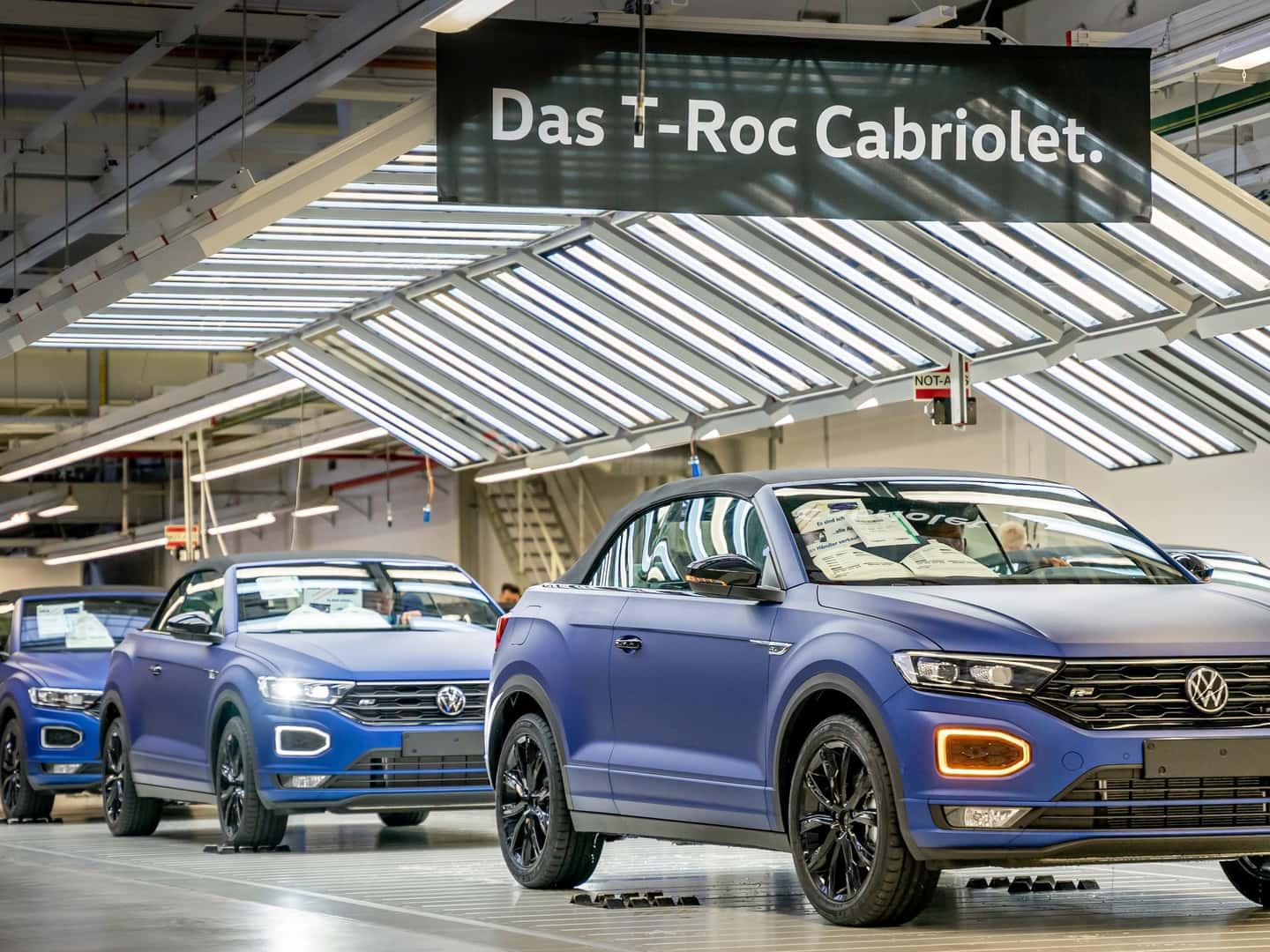Volkswagen, one of Germany’s industrial pillars, is facing an unprecedented crisis that could lead to the first closure of its factories in Germany in the company’s 87-year history. The automaker is considering shutting down its Dresden and Osnabrück sites as part of a drastic cost-cutting measure, signaling the depth of the challenges facing the European automotive industry.VW’s CEO, Oliver Blume, described the situation as ‘extremely tense’ and ‘very demanding and serious,’ highlighting the gravity of the company’s predicament. ‘Germany, in particular, as a manufacturing location, is becoming increasingly behind in terms of competitiveness. In this environment, we, as a company, must now act decisively,’ Blume stated.The crisis at Volkswagen is multifaceted, stemming from declining sales, particularly in China, increased competition from Chinese manufacturers, and the challenges of transitioning to electric vehicles. The company’s sales in China, its largest market, have plummeted from 4 million in 2017 to around 2.5 million in 2024. This decline, coupled with the company’s bloated workforce compared to competitors like Toyota, has put significant pressure on VW’s profit margins.The potential factory closures are part of a broader trend in the automotive industry, with manufacturers grappling with the complexities of electrification and changing market demands. Other major players like Volvo have also recently adjusted their electrification plans, citing consumer concerns over charging infrastructure and the lack of affordable electric models.As Volkswagen navigates this crisis, the implications extend beyond the company itself. With VW being a cornerstone of Germany’s automotive industry, the potential factory closures could have significant impacts on regional economies and the country’s industrial landscape. The situation underscores the challenges facing traditional automakers as they attempt to adapt to a rapidly changing automotive market.
Key points
- Volkswagen is considering closing factories in Germany for the first time in its 87-year history, including sites in Dresden and Osnabrück.
- VW’s crisis is driven by declining sales in China, increased competition, and challenges in transitioning to electric vehicles.
- The potential closures reflect broader challenges in the automotive industry, with other manufacturers like Volvo also adjusting their electrification plans.
- The situation at Volkswagen could have significant implications for Germany’s industrial landscape and regional economies.



